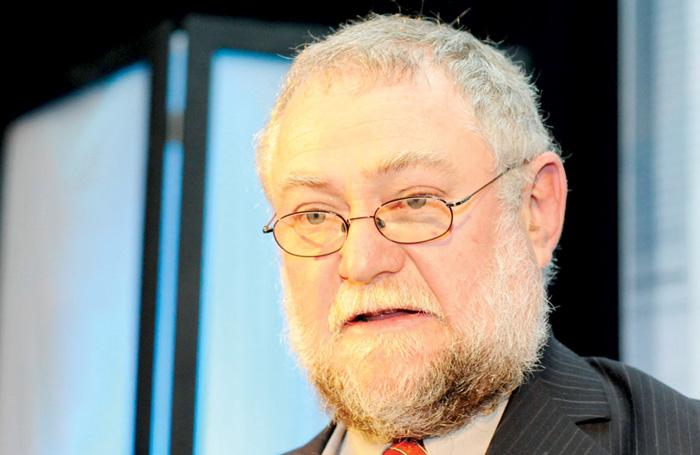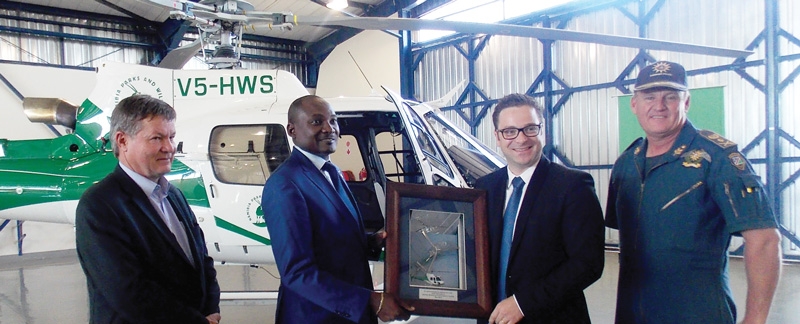
IMF mission tells Ministry of Finance what everybody already knows. Will the government act?

After completing the IMF Article IV Consultation on Monday this week, the Mission Chief said on Tuesday it expects the Namibian economy to remain in recession during 2019, only gradually returning to growth in 2020. This view is contrary to the Ministry of Finance and the Bank of Namibia’s view who both have positive, albeit small, growth pencilled in for this year.
Speaking at a media conference, IMF Mission Chief for Namibia, Mr Geremia Palomba, said the annual Article IV Consultation with the Ministry of Finance and the Bank of Namibia, has been very constructive and there are no areas of significant disagreement between the IMF and the government. Palomba has been leading the IMF mission to Namibia for the past three years.
“The economy is undergoing a rebalancing process and has been contracting. In 2018, real GDP declined for a second consecutive year, as past economic stimuli dissipated, and the government continued consolidating to stabilize public debt dynamics,” stated Palomba.
Cautioning that this is only a statement on their preliminary findings, he continued “IMF staff expect that the economy will recover only gradually. Growth is projected to remain mildly negative in 2019, as a poor rain season and reduced diamond production continue to weigh on a tentative recovery. Growth is expected to turn positive in 2020 and gradually converge to a long-term rate of about 3 percent, held back by low productivity and declining competitiveness.”
He expressed his appreciation for the finance ministry’s consolidation strategy, saying that it is crucial that the budget deficit does not exceed the budgetted target, acknowledging at the same time that spending pressure can rise if the fiscal targets underperform.
Listing a number of key priorities that have been discussed frequently over the past two years, Mr Palomba also referred to the urgent need to contain and shrink the government’s wage bill and the massive black hole of state-owned enterprises.
“Rationalizing public entities, strengthening revenue administration, and improving budget and expenditures controls is critical to delivering adjustment plans. Avoiding excessive risk-taking from off-budget operations will strengthen the credibility of the adjustment and reduce fiscal risk. The mission welcomes the authorities’ intention to develop restructuring plans for key loss-making public enterprises,” continued Mr Palomba.
The loss of productivity came up repeatedly during discussions. To remedy this, the IMF advised several strategies based mostly on streamlining the government’s bureaucracy, providing clarity on policies that undermine business confidence, and remove obstacles to exports.
At the end of the conference, the Minister of Finance, Hon Calle Schlettwein, reiterated the government’s intention to gradually reduce the size of the civil service through natural attrition but added that the previously stated rate of 2% per year, is “an ambitious target.”
Following the conclusion of the Article IV Consultation, the IMF team will prepare and publish Namibia’s full consultation report.








































